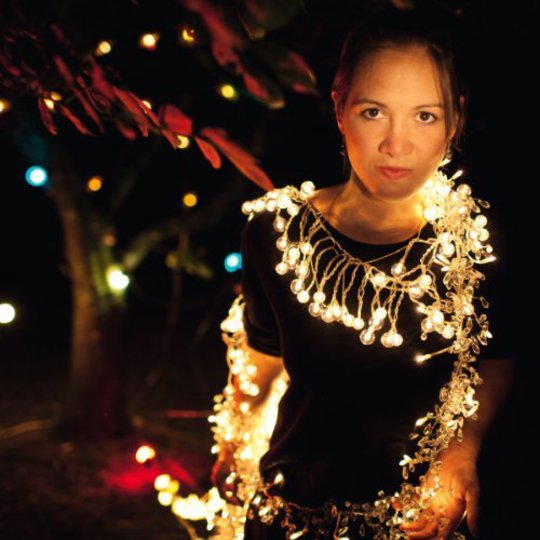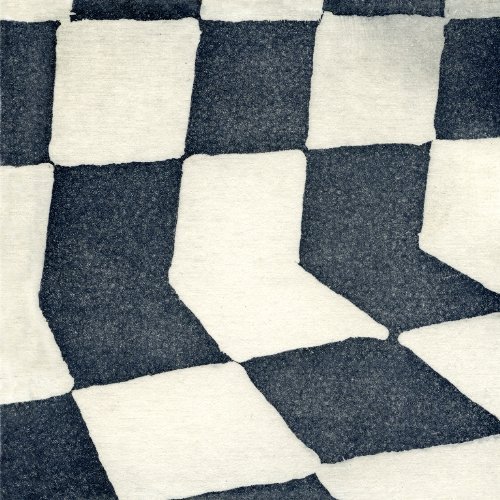Despite being a virtual unknown outside her homeland of Switzerland, the third studio album by Sophie Hunger - full name Émilie Jeanne-Sophie Welti Hunger - comes with a credit roll of relatively storied backing players from across the pond, most notably Dangermouse drummer Steven Nistor and Red Hot Chilli Peppers guitarist Josh Klinghoffer.
However, I think perhaps the most intriguing curiosity on her CV is public approval from none other than (King) Eric Cantona. Apologies for the digression into enigmatic French footballing legends-cum-actors, but given that the video for new single ‘LikeLikeLike’ features Hunger practicing her own flicks’n’tricks on the streets of Paris she looks quite the playmaker herself. In fact Hunger’s silkiest moves (in heels no less) set to the jazzy swing and ascending “la-la-laa” chorus refrain is incredibly joyous. However, take the song on its own and you’re left with something vaguely catchy and, depending on your tastes, either coyingly chipper or just blandly MOR.
In shorthand, Hunger’s output could be described as acoustic folk-pop with a jazzy flavour. Indeed it was at the Montreaux Jazz Festival that she made a name for herself. Unfortunately the jazz element to be found on The Danger of Light is at best toothless and at worst smug. This is particularly true of the record’s more uptempo numbers such as ‘LikeLikeLike’ and the shuffling ‘Das Neue’, which might be breezy if somewhat vanilla pop, but for the intrusive faux-jazz squeals of brass and off-kilter piano chords. On the other hand ‘The Perpetrator’ goes for smoky jazz club seduction crossed with a hint of bluesy guitar growl, but it never succeeds at being anything other pastiche, and Hunger’s Florence-style bawling on the chorus rather undermines her claim to “I move with grace and elegance”.
In fairness there are more nuances at work on The Danger of Light, but it’s in details that the album's virtues are too often undone by its flaws. The clumsily titled ‘Souldier’ goes from shadowy verses of pensive piano to a ploddingly dull chorus playing on the song title in predictable fashion (“Oh oh Soldier don’t break your shoulders for nothin’”). It would be more forgivable if it wasn’t so earnest. The same problem applies to ‘Can You See Me?’ and ‘Heharun’, which are both stylistic standouts, the former for its trip-hop beats and the latter for its wonky freestyling guitar, but both have choruses that are too big on 'emotion' and too short on melody or invention.
However, there’s plenty to suggest that Sophie Hunger has better in her. ‘Holy Hells’ and ‘The Fallen’ see her utilise the brass section in menacing and rousingly urgent fashion respectively, quite detached from their jazz origins. On album opener ‘Rererevolution’ piano and woodwinds are used to haunting effect between urgent drum led passages. Meanwhile, "Z'Lied Vor Freiheitsstatue' sits immovably in the middle of the road, but is an undeniably beautiful piano torch song. However, Hunger leaves the best for last with the rustic fingerpicking of ‘Take a Turn’, perhaps her most conventional singer-songwriter moment and certainly the album’s most affecting one. It’s just a shame she spends so much time being a sort of frustrating cross between Sharon Van Etten and Norah Jones.
-
6Neil Ashman's Score






















